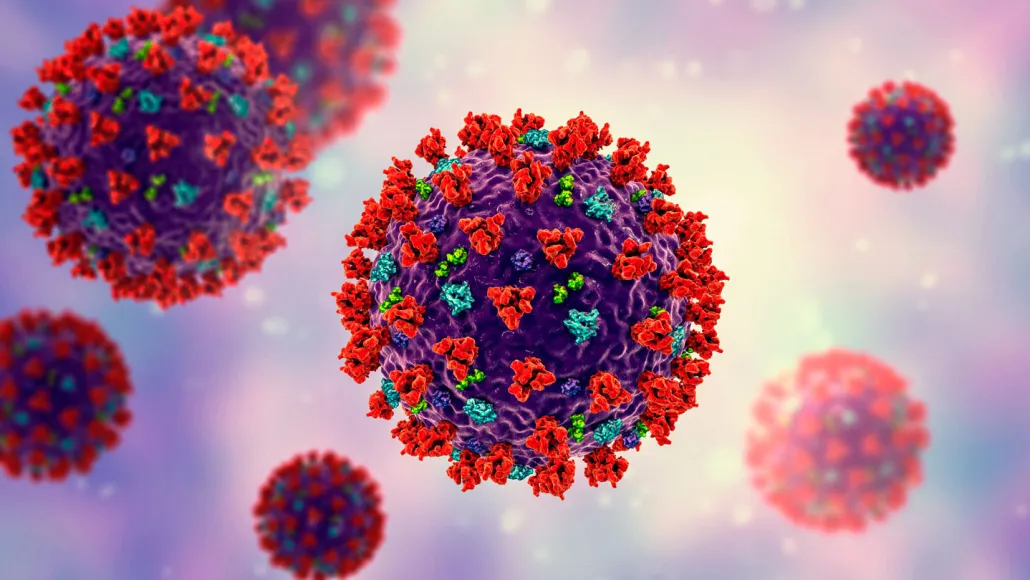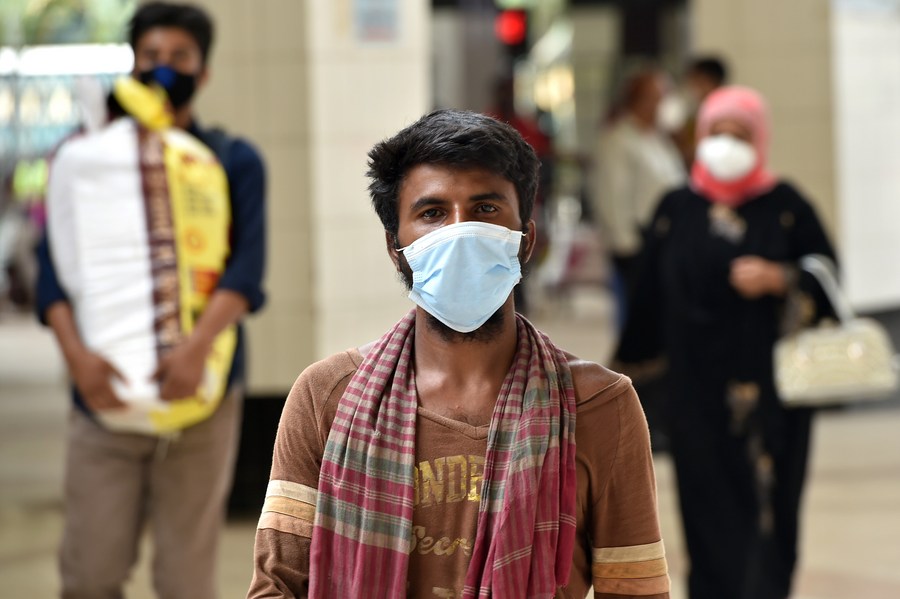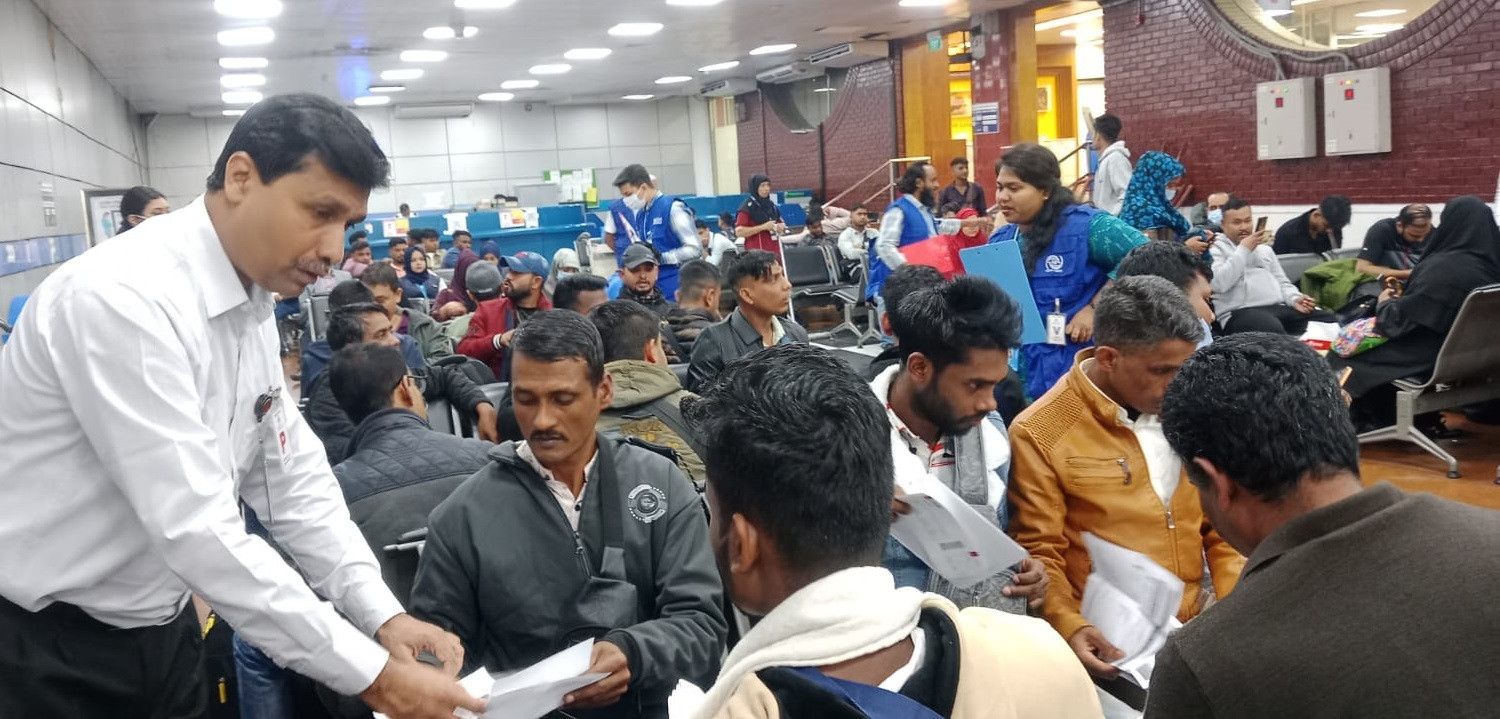In less than three months, after the arrival of the Delta variant in Bangladesh was officially announced, the rate of women case fatality caused by Covid-19 has increased by some 21 per cent, according to official record.
Women accounted for 33.33 per cent of Covid case fatality in the country on Sunday following a 6 percentage points increase from 27.59 per cent reported on May 15, the end of the 19th epidemiological week this year.
Signs of a surge in Covid cases began showing after the 19th epidemiological week, just days after the arrival of the Delta variant in the country was officially confirmed.
Globally, regardless of geography and age, women are considered less susceptible to Covid-19 than men but, particularly after the emergence of the Delta variant, the pattern is greatly challenged by the latest infection situation in Bangladesh.
The Directorate General of Health Services has noted the grim development with concern but failed to explain it.
‘Men do still have higher mortality but women are becoming increasingly vulnerable to Covid-19, including pregnant women,’ said DGHS director Nazmul Islam when asked about why women are dying in greater numbers than before during a routine press briefing on Sunday.
‘Different groups are working on the issue and it would take some time to learn about it in detail,’ he added.
So far Covid-19 has killed 22,652 people in the country while 13,53,695 others have contracted the disease since it emerged one and a half years ago.
After the initial wave of the outbreak in the country ended, the women coronavirus mortality rate stood at about 20 per cent with men accounting for 80 per cent of all deaths.
Globally Covid infection occurs equally among men and women but studies suggested that the risk of getting hospitalised with severe Covid symptoms and dying from it was twofold among men.
‘Women are naturally better protected against diseases because of their hormones and strong immunological response,’ epidemiologist AM Zakir Hossain told New Age, explaining why women fought better against Covid-19 previously.
‘It is still difficult to say for certain why women are dying in greater numbers now but it may be because of the Delta variant’s ability to deceive the immune system and antibody,’ he added.
Johns Hopkins University experts earlier said that the angiotensin-converting enzyme receptor used by the coronavirus as an entry to human cell works better in men than women.
Eminent scientist Bijon Kumar Sil in a webinar on Saturday reported to have noticed changes in the ACE receptor in a mutation that turned the Delta variant deadlier.
The ACE receptor is more capable now of attaching to human cells than ever before by bypassing the immune system and antibody, said Bijon.
Asked about his hypothesis on women dying in greater numbers of Covid-19, Bijon said, ‘It has to be studied. But it can have something to deal with blood clotting. Perhaps pregnant women are increasingly suffering blood clotting.’
At least three pregnant women doctors died of Covid-19 or with its symptoms in the capital in a gap of 10 days in late July.
The trend of women becoming increasingly susceptible to Covid-19 is particularly bad news for Bangladesh’s health sector where about 95 per cent of nurses and 90 per cent of community health workers are women.
These women are frontline Covid fighters.
Apart from the health sector, about 65 per cent of more than 40 lakh garment workers are women, who are compelled to work in a cramped condition, still mostly without being vaccinated.
Dhaka University economics professor Rumana Huque said that the pandemic had also increased the outside contact of many homemakers, many of whom are now running online businesses.
‘They come in direct contact with delivery men daily and go to market every day,’ said Rumana.
Besides, women engage in large public gatherings on occasions, especially before Eid, when they throng markets for Eid shopping, said health experts.
The rise in Covid mortality of women could be another manifestation of gender disparity because women are far less likely to get tested compared to men.
Though a large number of women are homemakers and are not going outside but they are exposed to coronavirus infection through male members of their families.
Many of these homemakers, especially in urban areas, have comorbidities being confined inside home over the years.
‘Another reason for women becoming more vulnerable to Covid-19 could be their lack of vaccination,’ said Obstetrical and Gynaecological Society of Bangladesh president Sameena Chowdhury.
Only 36 per cent of over 44 lakh fully-vaccinated individuals are women while 40 per cent of over 1.3 crore first-dose recipients are women, according













